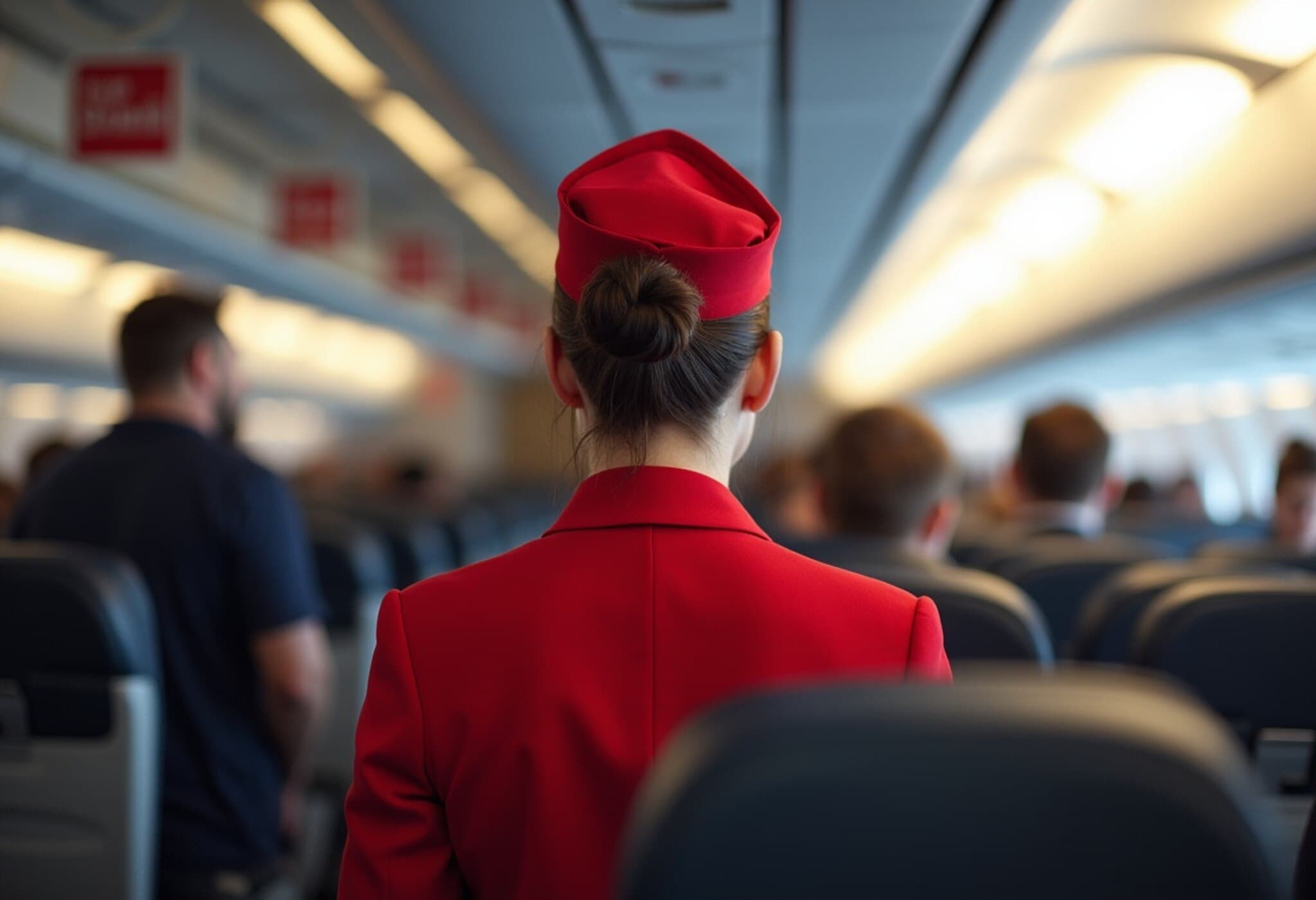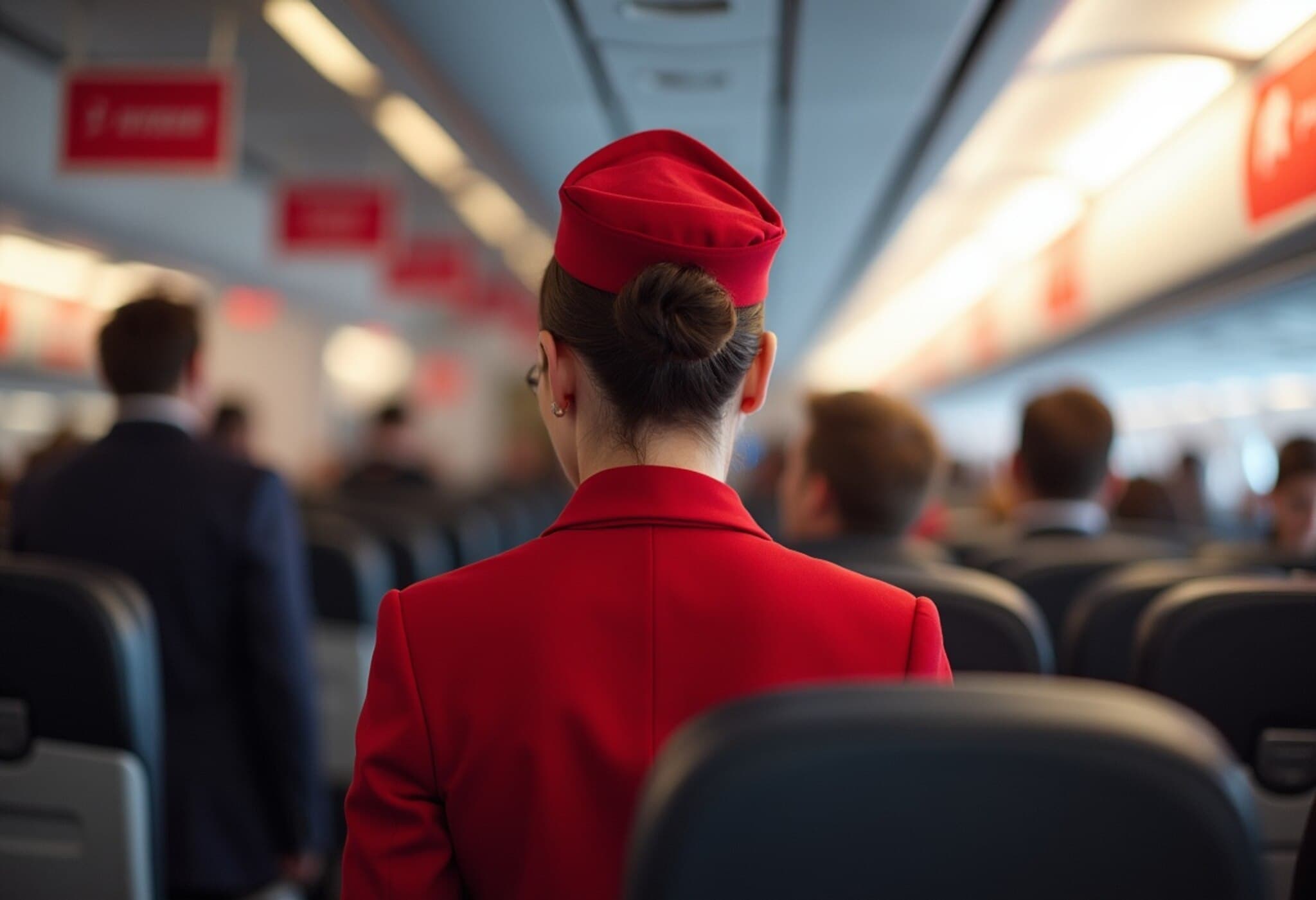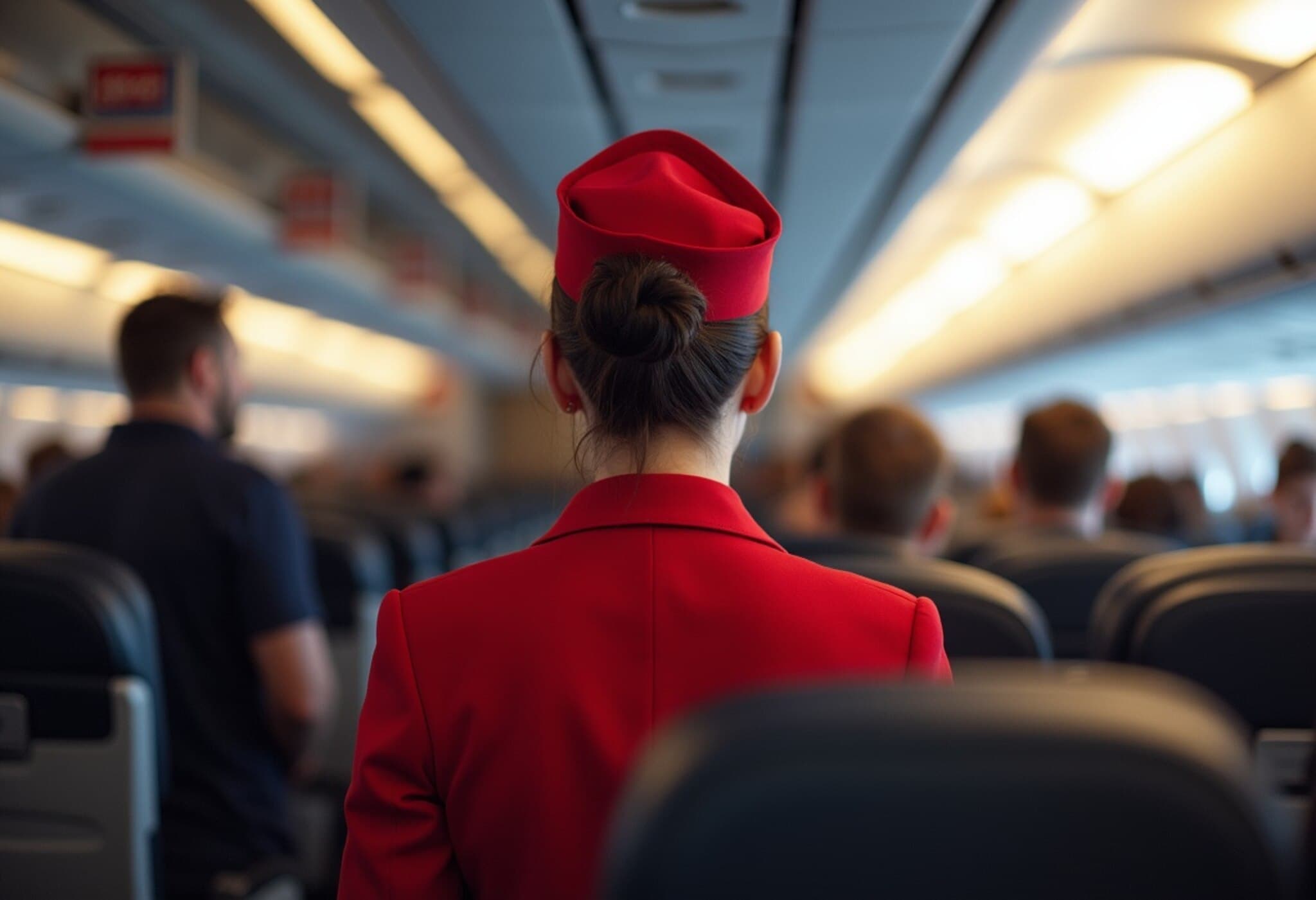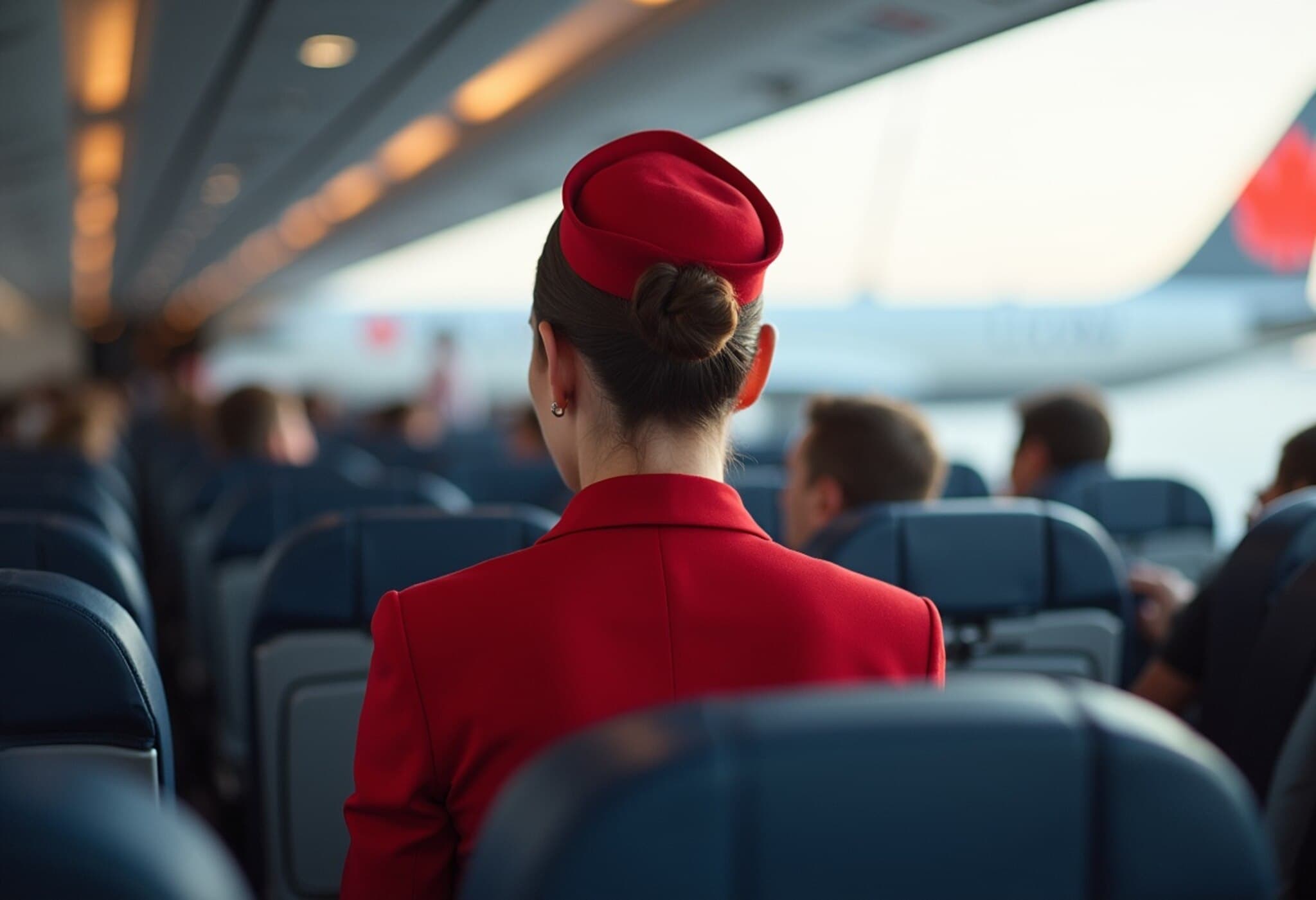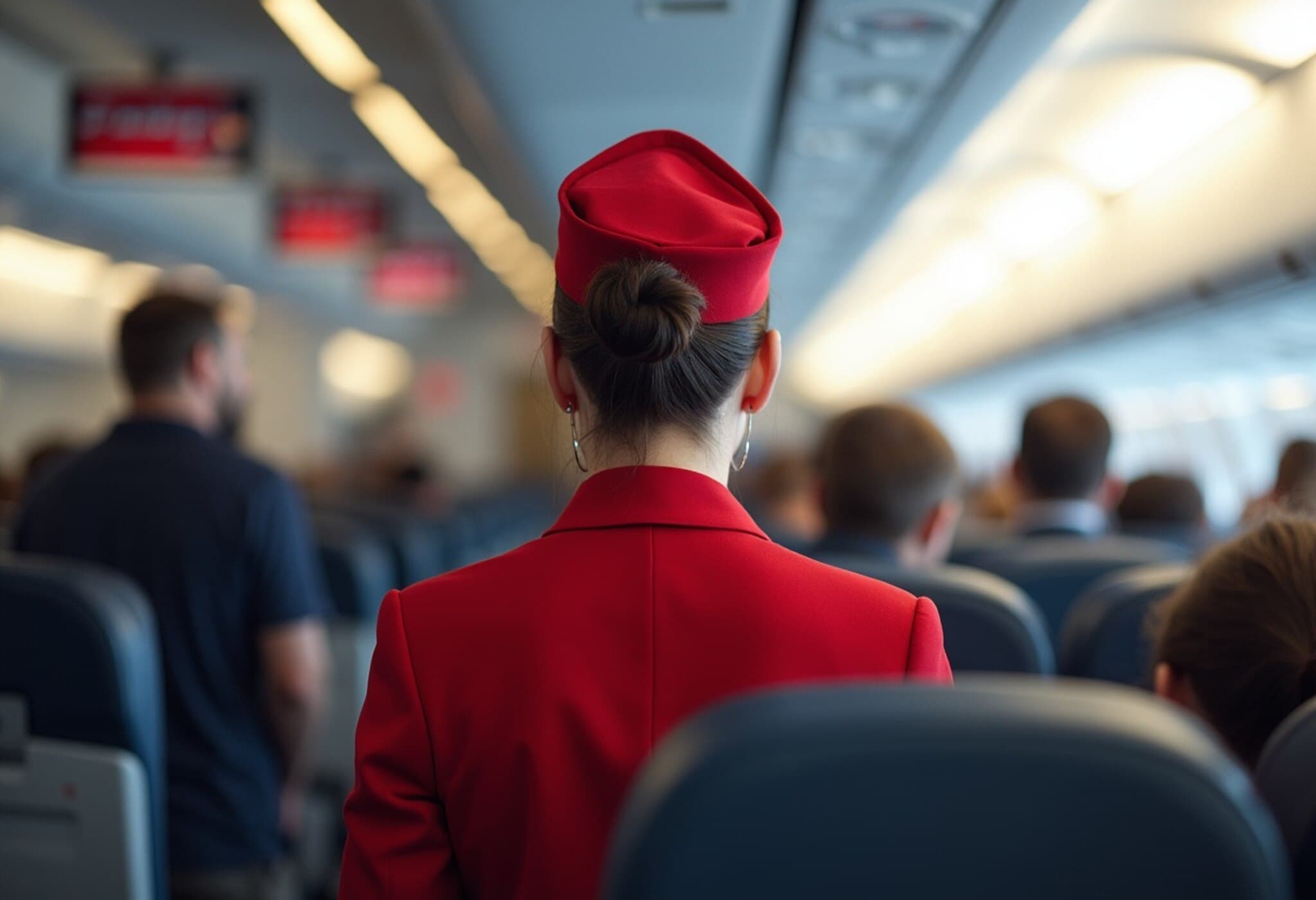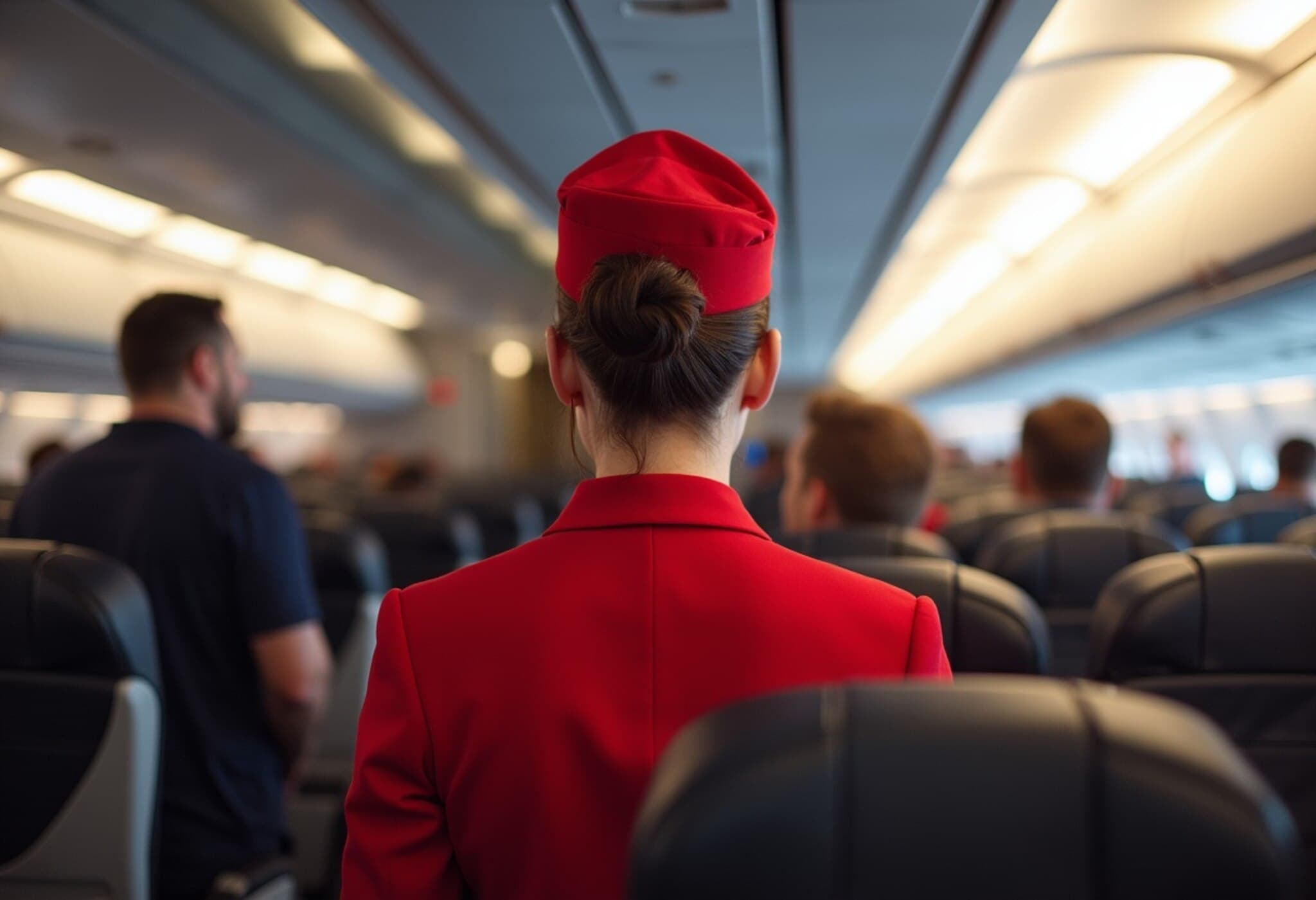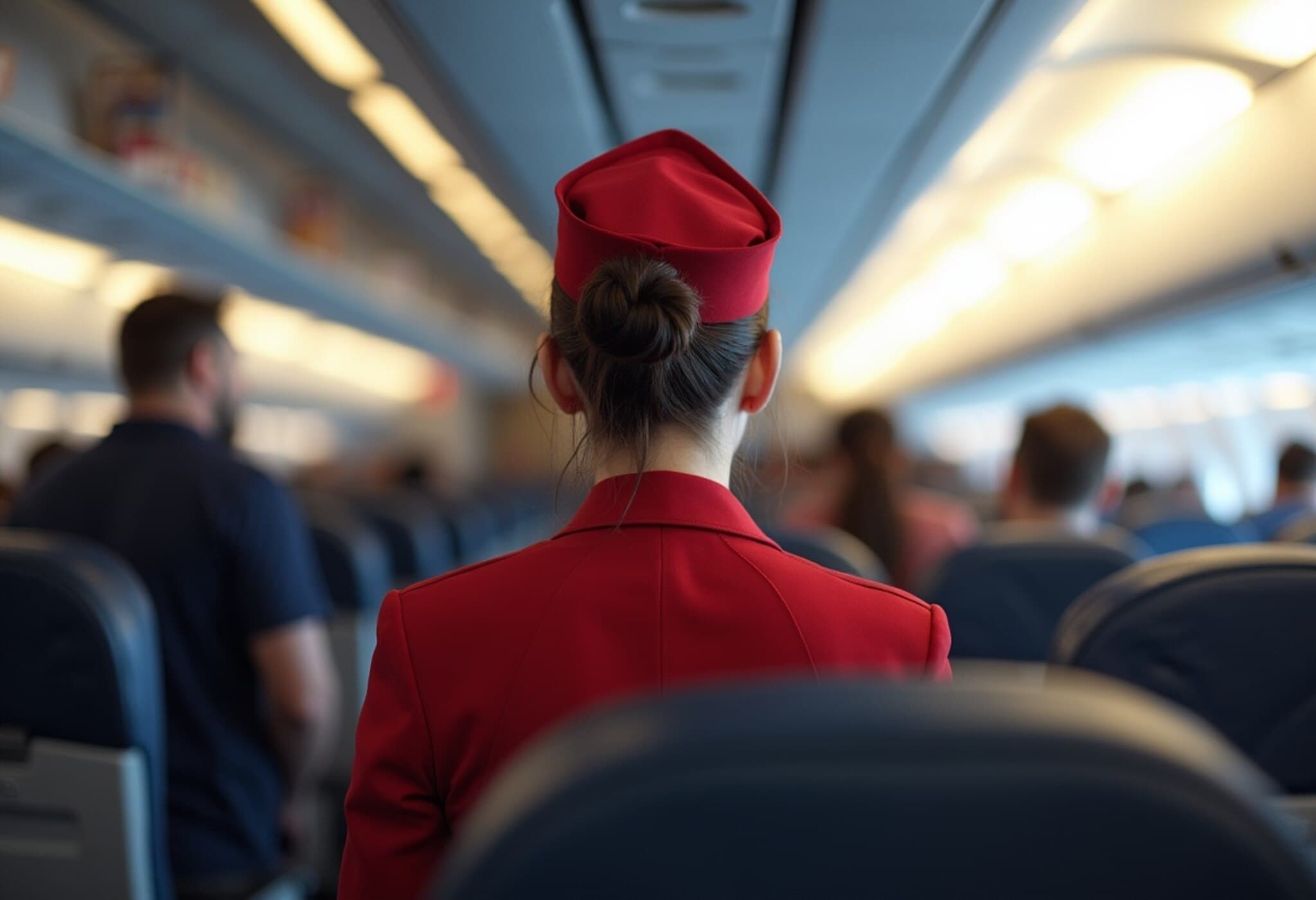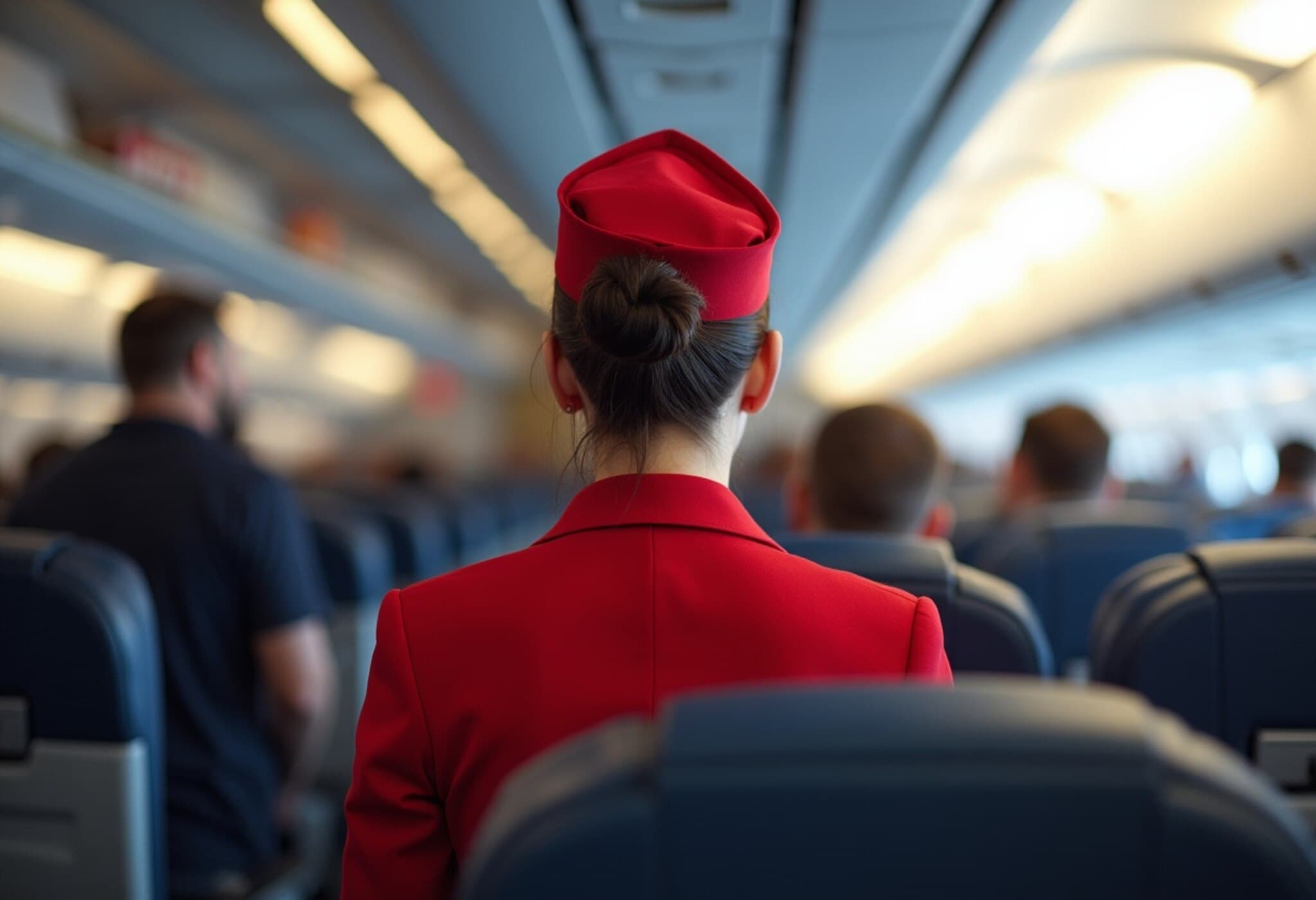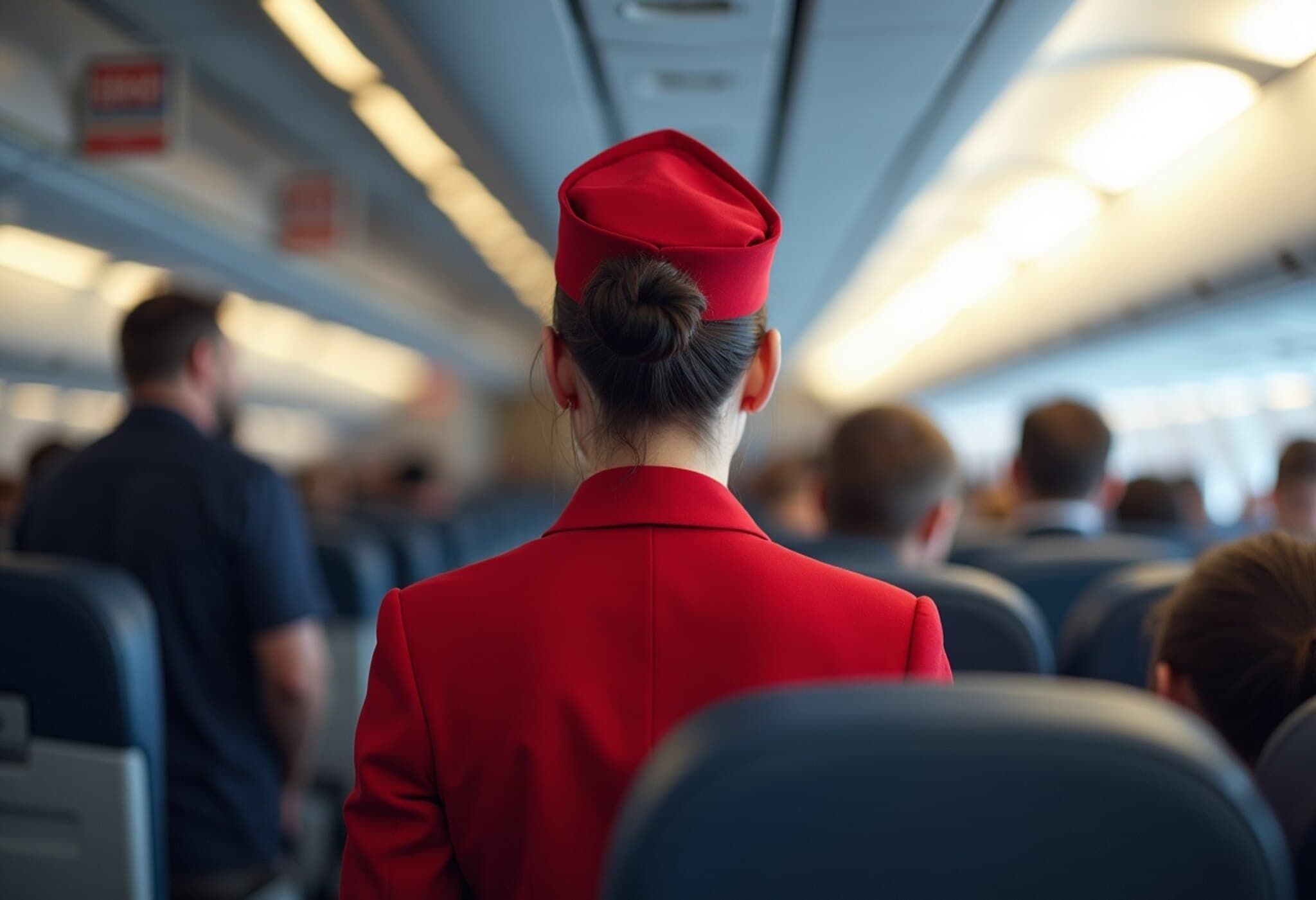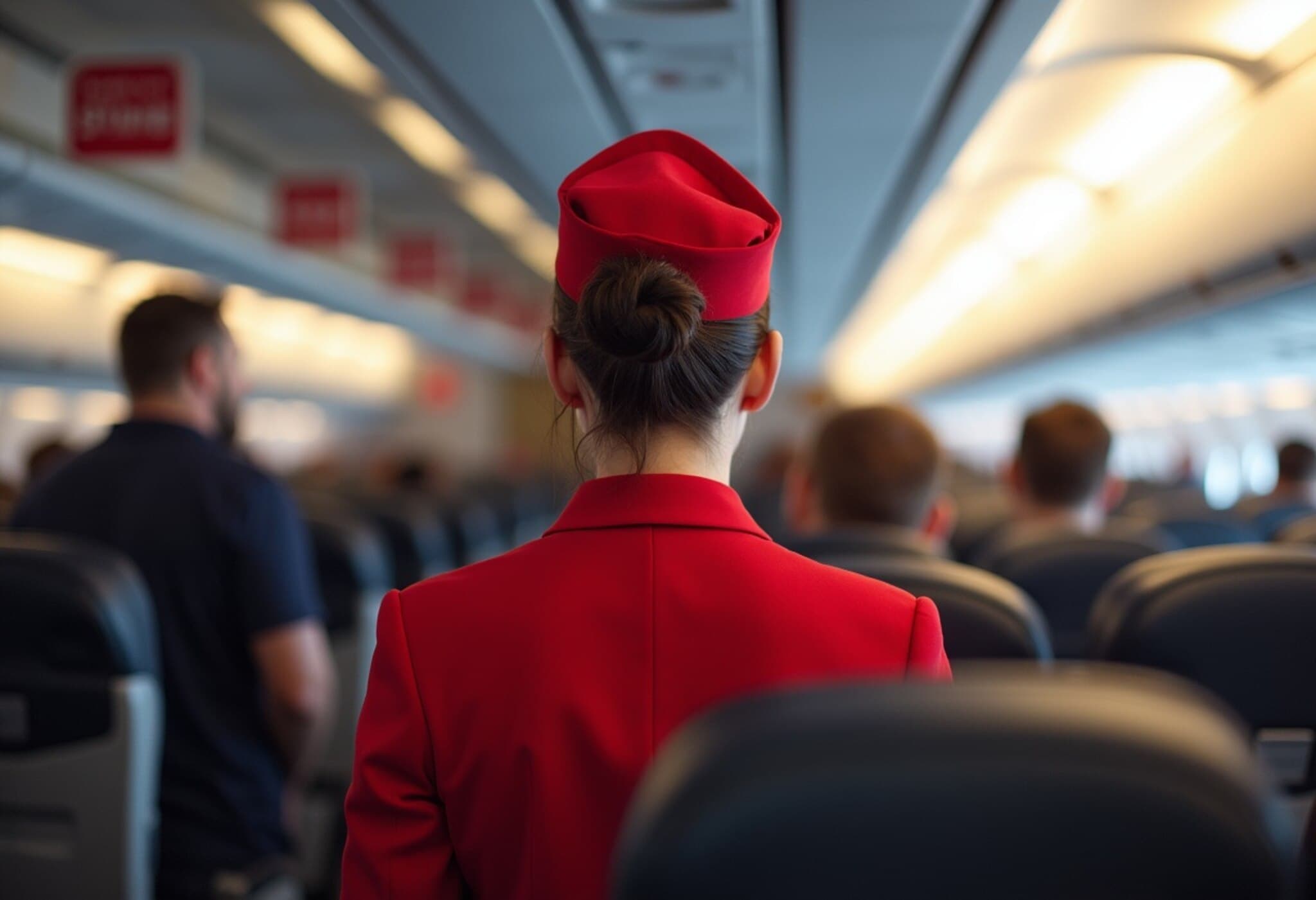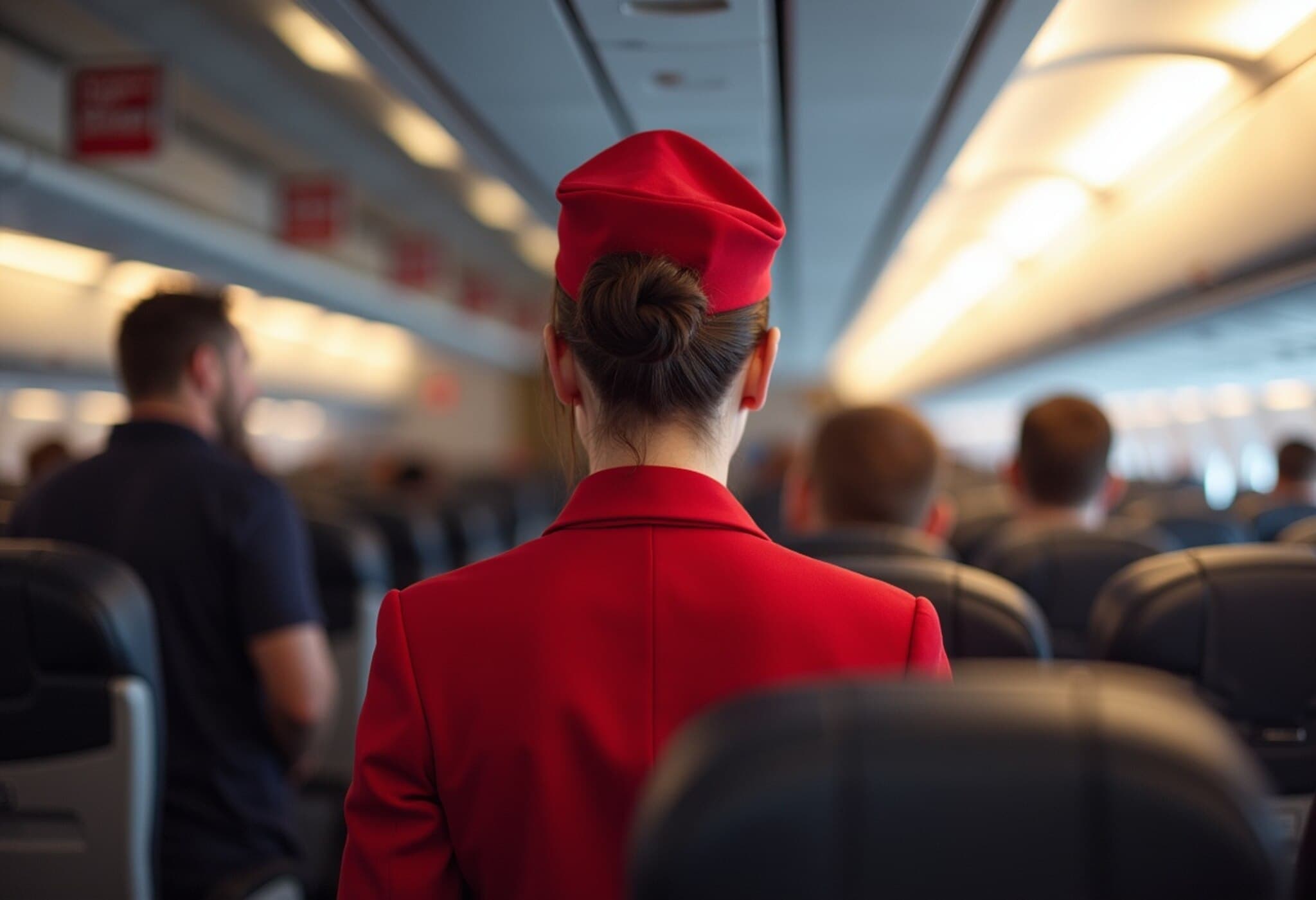Air Canada Flight Attendants Stand Firm Amid Escalating Strike Threat
As a crucial weekend approaches, Air Canada’s flight attendants have decisively turned down the airline’s plea for government-mandated arbitration, signaling an imminent strike that could significantly disrupt travel across Canada and beyond. With thousands of passengers already scrambling to adjust their itineraries, this labor dispute is reaching a boiling point.
Union Rejects Arbitration: Upholding the Right to Strike
The Canadian Union of Public Employees (CUPE), representing Air Canada’s 10,000 flight attendants, formally rejected the airline’s request to settle negotiations through binding arbitration. Hugh Pouliot, CUPE’s spokesperson, emphasized the union’s commitment to their constitutionally protected right to strike, underlining that arbitration would not include one of their central demands—paying attendants for groundwork hours spent preparing flights before takeoff and after landing.
This insistence illustrates a broader challenge within labor relations: arbitrators typically avoid imposing significant contract changes such as groundwork compensation, making arbitration an unlikely avenue for the union to achieve meaningful concessions.
Government’s Delicate Position and Historic Context
Labor Minister Patty Hajdu had set a deadline for the union’s response by noon Eastern Time on Friday, urging both sides to engage with federal mediators. Although the government received Air Canada’s request to compel arbitration, it has historically used such measures post-strike to resolve protracted walkouts rather than preempt strikes outright—raising critical questions about the government's possible interventions in this case.
David J. Doorey, a workplace law expert at York University, notes that efforts to restrict strikes via arbitration have faced legal challenges, including ongoing court cases led by the Teamsters union. Should the government attempt to block this strike, similar litigation could follow, potentially ruling against such federal overreach and affirming labor rights.
Flight Cancellations Surge and Passenger Impact Deepens
In anticipation of the strike set for 12:01 a.m. Saturday, Air Canada has already canceled hundreds of flights, escalating from 32 cancellations on Friday morning to more than 165 by midday. The airline intends to suspend all 700 of its directly operated flights by Saturday morning—affecting approximately 130,000 travelers daily.
The airline also signaled a lockout of flight attendants concurrently with the union’s strike notice—an aggressive tactic that complicates the labor dispute even further.
Travelers, especially those flying domestically or internationally through Canada’s hub airports, face severe disruptions. Given the country’s vast geography, many cannot rely on ground transportation alternatives, intensifying the practical and emotional toll on passengers.
Firsthand Perspectives: Confusion and Frustration Amid the Turmoil
Jan Wong, an academic journalist stranded in Fredericton, New Brunswick, describes receiving conflicting notifications—from mechanical delays to labor disruptions—that forced her to navigate a confusing rebooking process amid limited alternatives. Wong’s experience underscores how labor disputes ripple beyond contractual grievances to affect real people and their lives directly.
Broader Implications: A Test of Labor Rights and Corporate Strategy
Professor Doorey highlights a strategic pattern among employers who anticipate governmental intervention to block disruptive strikes. This dynamic can embolden companies to withhold their best contract offers in hopes of securing more favorable terms from arbitrators later. The Air Canada dispute thus reflects a larger struggle over the balance of power between labor, employers, and government.
This case is particularly significant within the North American context, where federally regulated industries like aviation often encounter such high-stakes labor conflicts that affect national economies and consumer confidence.
Key Points to Watch
- Whether the federal government will impose arbitration or allow the strike to proceed.
- The potential legal challenges regarding government interventions in labor disputes.
- The ongoing impact on travelers during the peak summer travel season.
- How this dispute might reshape public perceptions of airline labor relations and labor rights.
Editor’s Note
The unfolding conflict between Air Canada and its flight attendants serves as a vivid reminder of the complex interplay between labor rights, corporate negotiation tactics, and government roles in a modern economy. For millions of travelers, this is not just a labor dispute—it’s a test of fairness, preparedness, and the resilience of essential services. As the situation develops, critical questions linger: How far should governments go to mediate labor disputes without infringing on constitutional rights? And how can companies and unions find common ground in industries where disruptions ripple globally? Observers should watch this dispute closely as a bellwether for future labor relations in Canada and across North America.

